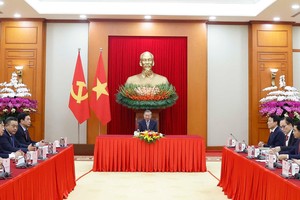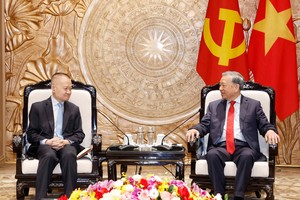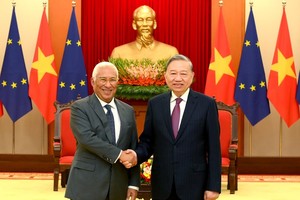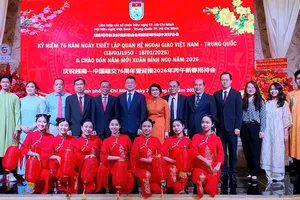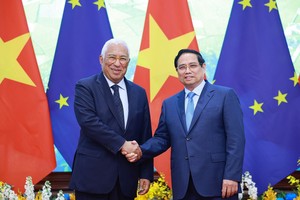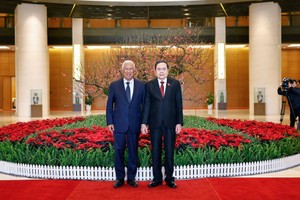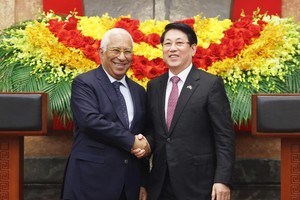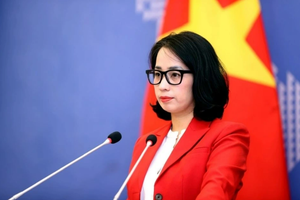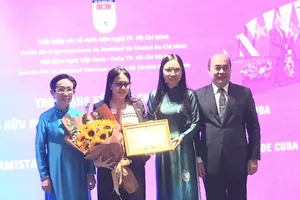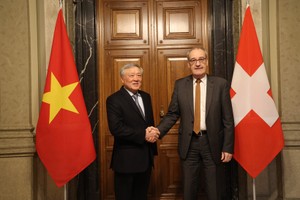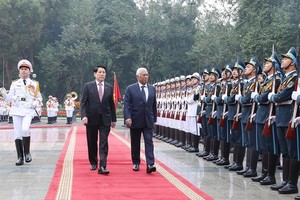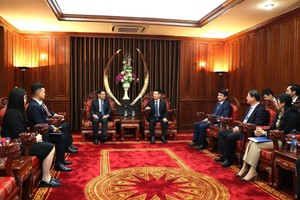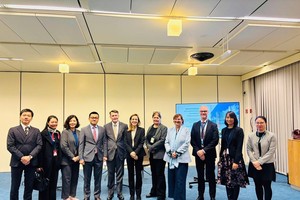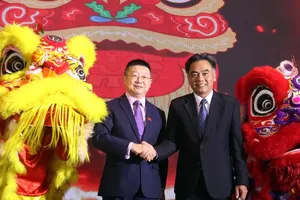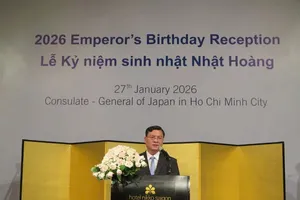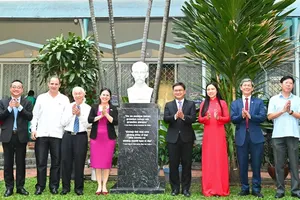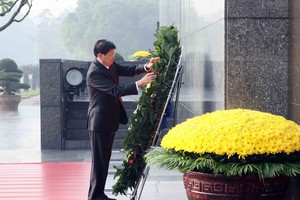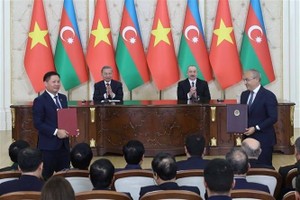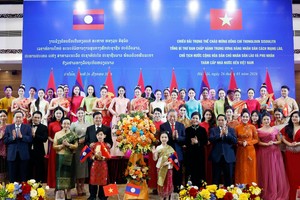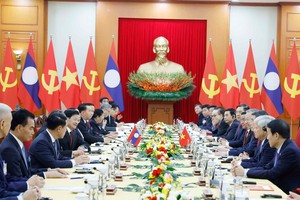"Reforms and rooting out the old evils are not aimed at prosecuting but innovating old practices that have been pervasive in all areas, such as the economic and social sectors, and at powerful organisations to build a nation that deserves to be called a nation and a just Republic of Korea," the president said, referring to South Korea by its official name.
"Such a move is also aimed at enhancing the country’s national competitiveness," Moon said while meeting with his top aides in a weekly meeting, according to pool reports.
His remarks came amid claims from the conservative faction that the new administration is seeking to prosecute its conservative predecessors, including former President Lee Myung-bak.
The former president too has called the reform drive a regressive attempt, also claiming such a move will only undermine the country’s national interests and eventually fail.
Moon insisted the people welcomed the reform drive.
"What I could confirm again over the Chuseok holiday was the people’s stern desire for us to move forward the reform drive more swiftly. The government must respect the people’s desire and push for its reform drive with a firm determination," he said.
The president also urged stepped-up efforts to improve people’s livelihoods, apparently noting the people may still be unable to feel or realise recent advances in the country’s economic conditions.
He said the country’s exports reached a record high of US$55.1 billion in September, spiking 35 per cent from the same month last year.
"We must have a sense of duty, as well as confidence, to raise the country’s economic growth that dropped to the 2 per cent range under the former Park Geun-hye Government while also working to make sure that economic growth will lead to new jobs so that the benefits of growth will go to the people as increased income," Moon told the meeting.
Turning to social issues, the president stressed the need to address major issues democratically, noting the government will set an example by accepting the outcome of the ongoing public debate on the fate of two new nuclear reactors that have been partially built.
"The process to reach a social consensus requires a lot of time and money. But I believe it is a valuable process, considering the social cost we must bear when such decisions are made unilaterally," he said.
"Throughout the presidential election, I pledged to stop the construction of the Shin Kori 5 and 6 reactors," he said. "But the government decided to seek a public consensus through a public debate and to accept the outcome of the debate as calls to halt and continue their construction came face to face." Source from the Yonhap.
